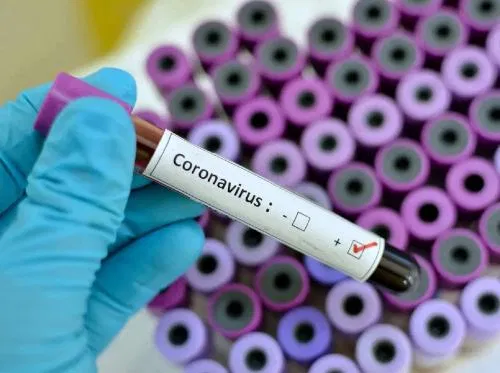Written By: NNAEMEKA MADUEGBUNA
Though the upper class, the wealthy and the middle class, who reside mostly in less populated parts of our cities, need to be educated about the Covid-19 pandemic, but the critical battles of the war against the virus must be fought in the inner cities and local communities which is the habitat of the lower class and the poor. A significant percentage of our population have their homes in these locations. Without this, the fight against the pandemic will be much more difficult.
It must be stated that observing the prevention measures against Covid -19 such as respiratory hygiene and physical distancing do not come easy to the lower class and the poor. Most of them cannot afford hand sanitizers and facemasks. There is also the matter of their cramped dwellings, which make physical distancing a luxury. Compounding these are the various myths they have about the Covid-19 pandemic. Hunger is another strike force against the have-nots, who are mostly daily wage earners.
Without necessarily abandoning the nice elite-centric campaigns on radios and televisions, considerable attention needs to be paid to the lower class/poor in the inner cities and local communities. The focus of this effort, which has to be undertaken within the context of the governance structures of these communities, would be to develop, coordinate and promote free flow of ideas by word and image for behaviour change and prevention and mitigation of the impact of COVID-19.
The campaign must help audiences in these communities see COVID-19 information, advice or guidance as applicable to them, their families, or others they care about. The messaging should foster public understanding and limit the chances of misunderstanding, in addition to increasing knowledge, encourage change in attitude and the adoption of new behaviour. Finally, it must be simple, clear and seek to encourage beneficial and practical actions. Given the centrality of the governance arrangements of these communities to their workings, it will be necessary to identify and engage key Influencers in these communities for the purpose of leading efforts at communicating and propagating messaging that impact behaviour and compliance with guidance.
Beyond the information, communication, outreach and mobilisation efforts, interventions are necessary in a few other areas. These include medical response for purposes of conducting medical need assessment and mobilising medical resources as required; field operations to execute non-medical interventions; and surveillance to monitor and ensure compliance with government directives. The whole essence would be to ensure that a community-based holistic approach is applied towards fighting the virus.
It is being alleged that the elite is living in denial in the face of a national, even regional disaster. According to this viewpoint, ‘a pampered elite brought a virus into the country and have spread it through a combination of ignorance and culpable negligence in testing, self-isolation and reporting themselves and their peers, with the result that a poorer, more vulnerable and more ignorant population have driven community spread and viral loading’.
Whether the allegation is true or false, the truth is that the elite must accept culpability and mobilise the resources they have to prevent the country from tipping over into a wasteland of disease, unrest and economic collapse. Greater attention should be applied towards the inner cities and local communities. Some of the advertising revenue spent by various multinational agencies on local and foreign media outlets should be deployed towards educating and enlightening the lower class and the poor on the tsunami called Covid-19.
They should emulate the proactive and responsible leadership such that we have in Anambra state that distributes palliatives and engages in mobilization and sensitization of the rural populace on the pandemic.





Comments are closed for this post.